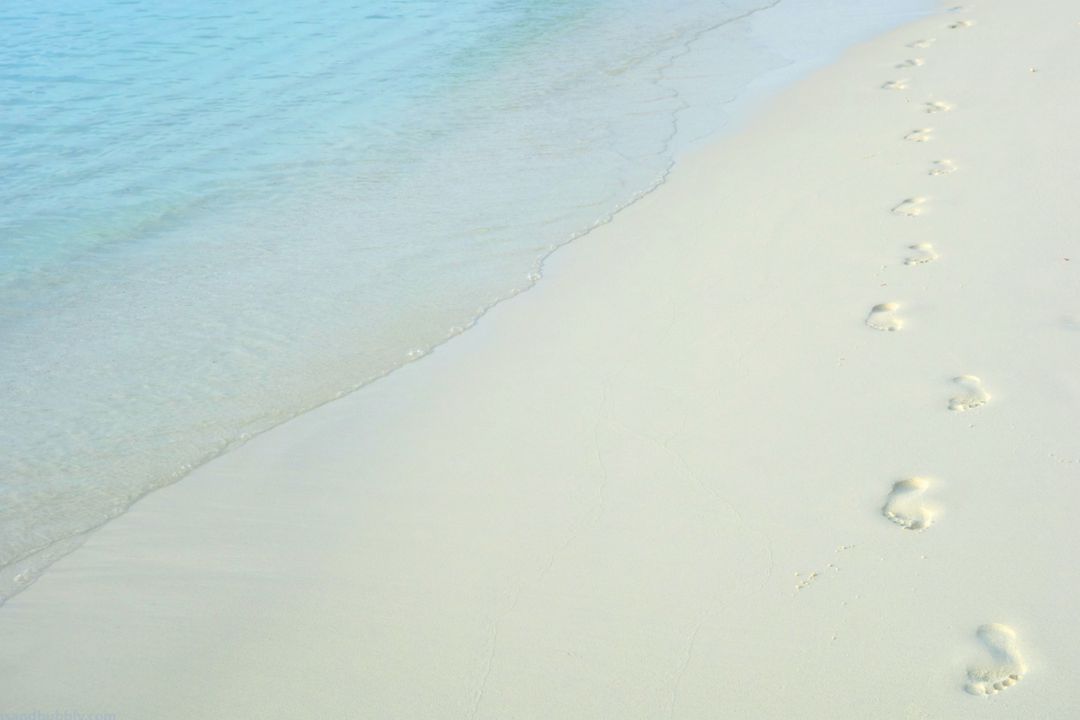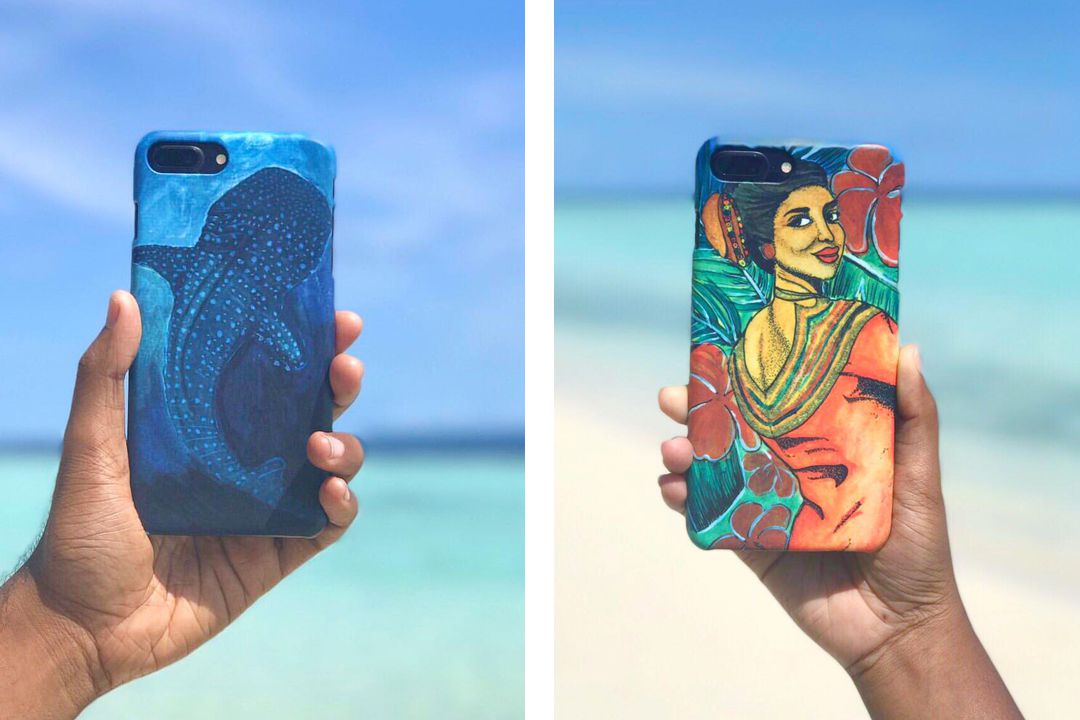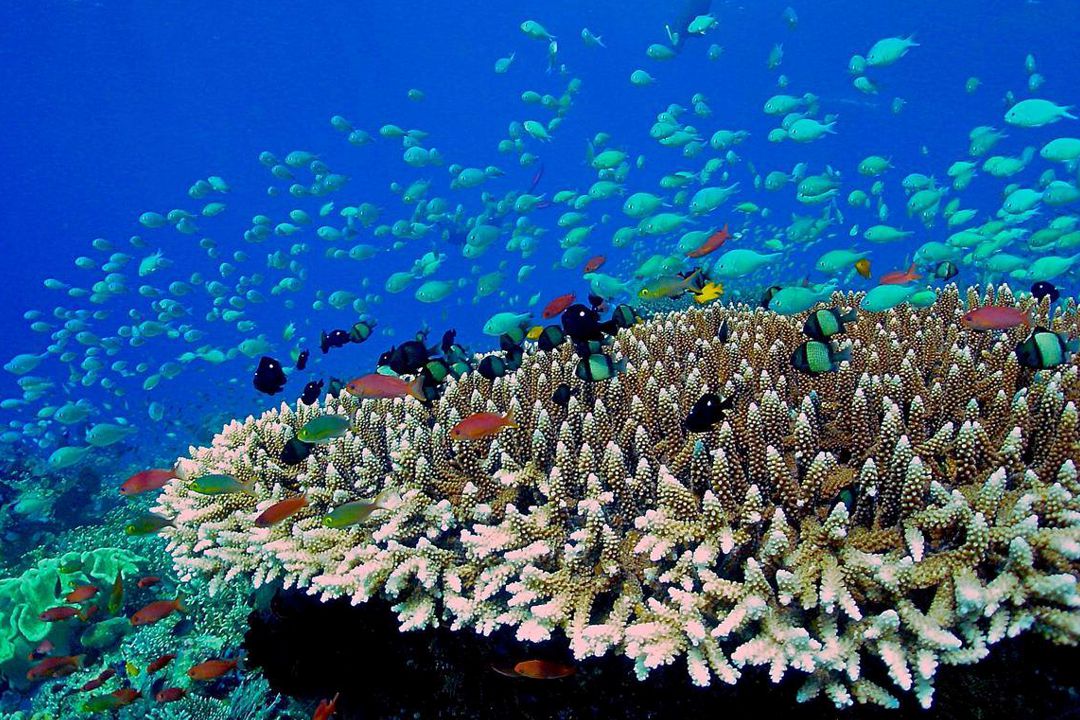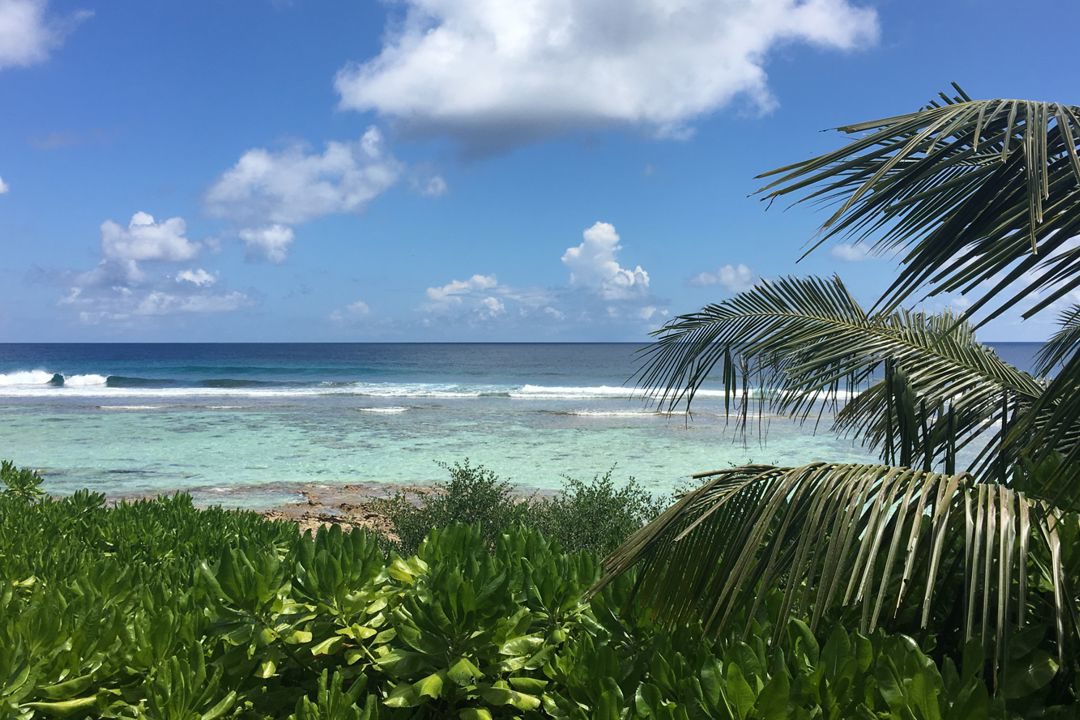Maldives draws over a million visitors annually to indulge in some of the best beaches on the planet, with crystalline white sands and endless turquoise waters fringing the 1,200 islands that make up this transfixing country. In recent years, the island nation has placed cultural and environmental initiatives to prioritize responsible tourism in the wake of the ongoing economic crisis and political calamity, since then, responsible travel has become more important than ever. As a traveler, it’s important to create a positive impact when visiting regions where tourism is a strategic sector, because your choices and preferences can lead to a better trip for you and a better result for the country you’re visiting. Here are my 6 tips for responsible travel in Maldives:
Leave no trace

You don’t have to be a hard-core environmental activist to be a responsible traveler. However, from a responsible tourism standpoint, it is vital that your presence at a place should not cause any harm to anyone or anything. Of course, every traveler will cause some amount of impact at their destination and its people when they visit—there is no such thing as zero-impact. But it’s you, the traveler, who can reduce the impact as much as possible.
Knowing that you will be spending a significant amount of time at the beach and in the water, during your trip to Maldives, take good care of the environment as you would at your home. These simple principles also dictate that you should disturb your surroundings as little as possible:
Keep noise to a minimum
Don’t litter and leave anything behind
Preserve the nature around you
Leave things as you found them
Contribute to the local economy

One way you could contribute as a responsible traveler is by ensuring that the foreign currency you bring into the Maldives gets distributed in the local economy. But, for it to happen, you, the visitor, needs to understand the Maldives, how it functions and where to inject your money in order for it to reach the local economy. Considering it’s your first time visiting the Maldives, it may not be easy to maximize your contributions, but even having a consciousness to do it better is a huge step in the right direction.
If you are shopping for souvenirs, buy items that are locally produced, and find out how much money the artisan earns on each item. This will give you a better understanding whether there was any exploitation in the process of production. The more relevant questions you ask them, the easier making choices based on their answers will be for you in ensuring that your money reaches the local economy, and local people.
Use water sparingly
Like many of the world’s tiny island nations, the Maldives faces the serious problem of lacking access to clean water. Removing salt from the seawater through the process of desalination has been a sustainable method used to overcome this problem across the country, but is costly. If you’ve been told to monitor and control the usage of water, it is for good reasons. If you are staying at a seven-star resort that features a private pool in each villa and a nine-hole golf course, and you shower three times a day in a country that has water challenges, think again. Water is a human right and yet tourism is one of its biggest exploiters.
Leave marine life where it is

As tempting as it might be to take home a shiny mollusk shell or a chunk of coral as a souvenir, being a responsible tourist means leaving nature alone, in its pristine condition untouched and unaffected by human hands. Let memories and photographs of it be your souvenirs, not rocks, sand, or whatever else you may come across in nature. It is also illegal by Maldives law to remove any coral fragments from the reef, due to its importance to the ecosystem. Avoid buying souvenirs made from turtle shell and shark fin, such items will be confiscated at the airport with a huge fine. Explore this amazing world of ours, but don’t disrupt ecosystems.
Share your story
Not all the people you meet in your travels maybe able to travel like you, but sharing your story and background with the locals you meet is another way to create a positive impact. It’s also an opportunity for them to learn from you and make cultural discoveries. Show them your Instagram photos and the places that you’ve been prior your trip to Maldives, the food that you ate at different countries. People love listening to travel stories, it can be a great ice-breaker and it can reveal some things that are common between you and your newfound friends. That’s responsible tourism!
Abide the law, local customs and etiquettes
Read and familiarize yourself with the laws and customs of the Maldives before your visit so that you do not commit any act considered criminal. If you visit Malé or a local island, keep in mind that Maldives is a devoutly Muslim nation. It is absolutely compulsory to remove footwear when entering mosques, women should be covering their heads and shoulders; and neither men or women should wear shorts. Swimwear is acceptable at the beach only in resort islands, but not in the local islands (topless bathing is illegal). Alcoholic drinks are permitted only for tourists in resort islands and liveaboards, not elsewhere.





No Comments